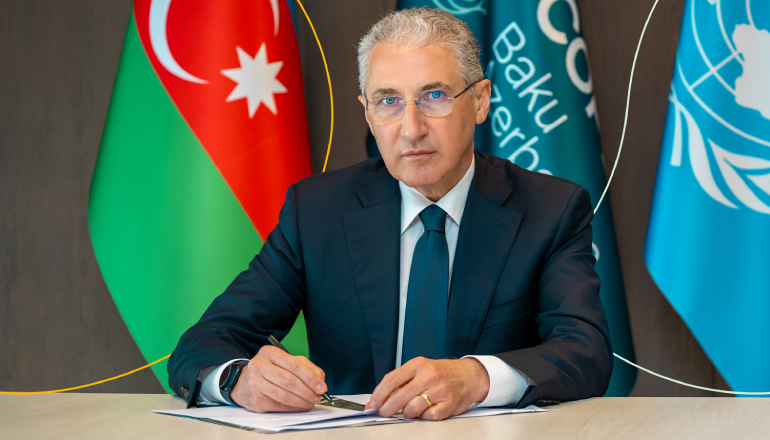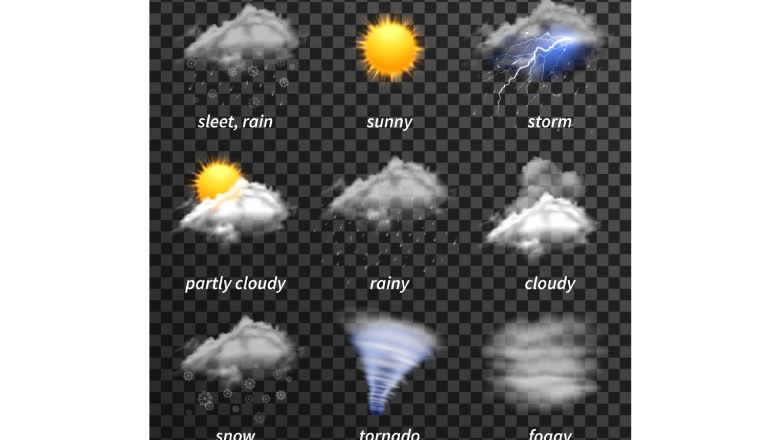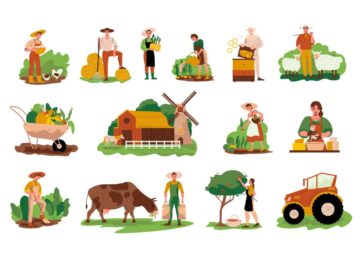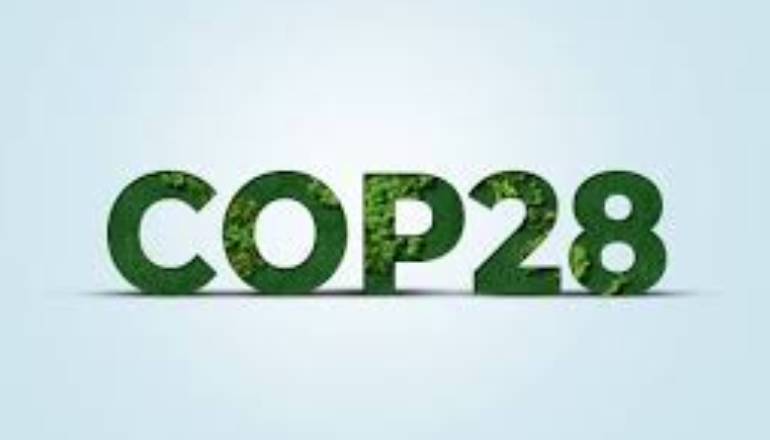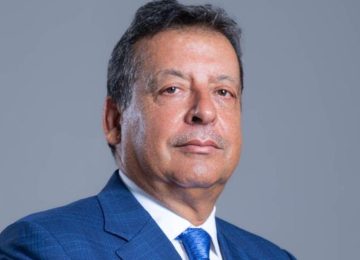The COP 29 President has announced initiatives to accelerate climate action and supplement the formal negotiated agenda.
The Action Agenda addresses global climate issues, focusing on key priorities like energy, finance, agriculture, cities, human development, and climate peace.
Initiatives like BICFIT and MAP address cross-sectoral synergies. Finance is a key enabler of climate action, the COP 29 President said Mr Mukhtar Babayev, President, COP 29, in his letter to the stakeholders.
He said “Azerbaijan is honored by the confidence that the global community has placed in us to host COP29. But we are just one country and we cannot solve the climate crisis alone. We seek to inspire every actor and demonstrate what is possible with commitment and determination, and we never underestimate the value of an individual contribution. “
Nigar Arpadarai, UN High-Level Climate Champion, COP 29, said “Now is the time for the whole universe of climate stakeholders to sign up, speak up and step up on climate action. If we are to meet our goals, we need everyone to do their part.”
The 14-point action agenda:
- The Climate Finance Action Fund (CFAF). It is a voluntary fund funded by fossil fuel producers to support mitigation, adaptation, research, and development efforts in developing countries.
- The Baku Initiative for Climate Finance, Investment and Trade (BICFIT). It is a Baku-based initiative promoting green investment, policy development, and expertise sharing in climate finance, investment, and trade.
- COP29 Green Energy Zones and Corridors Pledge. It pledges to establish green energy zones and corridors, boost investment, stimulate economic growth, modernize infrastructure, and foster regional cooperation.
- COP 29 Global Energy Storage and Grids Pledge: The pledge aims to triple global energy storage capacity by 2030, with endorsers committing to significantly increase investments in energy grids refurbishing more than 80 million kilometers by 2040.
- COP 29 Hydrogen Declaration. The declaration aims to unlock the global market for clean hydrogen and its derivatives, addressing regulatory, technological, financing, and standardization barriers for both public and private sectors.
- COP Truce Appeal. It is modeled on the Olympic Truce and aims to establish a hub for peace and climate action, focusing on matching vulnerable needs with resources.
- COP 29 Green Digital Action Declaration. It aims to accelerate climate-positive digitalization, reduce emissions in the Information and Communication Technology sector, and improve the accessibility of green digital technologies.
- The Baku Initiative on Human Development for Climate Resilience. The initiative aims to improve human development by promoting investment in education, skills, health, well-being, children and youth, establishing COP-to-COP continuity, and enhancing environmental literacy through education standards.
- The Baku Harmoniya Climate Initiative for Farmers. The aggregator connects initiatives, coalitions, and networks to share experiences, identify synergies, facilitate finance, and foster collaboration on agriculture, empowering communities and women in rural areas.
- COP 29 Declaration on Reducing Methane from Organic Waste. The declaration aims to achieve 1.5-aligned waste sector commitments in National Development Capitals (NDCs) with quantified targets to decrease methane in waste and food systems.
- COP 29 Multisectoral Actions Pathways (MAP) Declaration for Resilient and Healthy Cities. The declaration aims to improve multisectoral cooperation in tackling urban climate challenges, promote coherence in urban climate efforts, and stimulate urban climate finance.
- COP29 Declaration on Enhanced Action in Tourism. The initiative aims to establish sectoral targets for tourism in NDCs, promote sustainable practices, reduce emissions, enhance transparency, and establish sustainable food systems in the sector.
- COP29 Declaration on Water for Climate Action. A declaration urging stakeholders to integrate water-related mitigation and adaptation measures into national climate policies.
- The Baku Global Climate Transparency Platform (BTP). The platform aims to assist developing country parties in preparing and submitting Biennial Transparency Reports, promote knowledge exchange, and enhance capacity-building resources.


